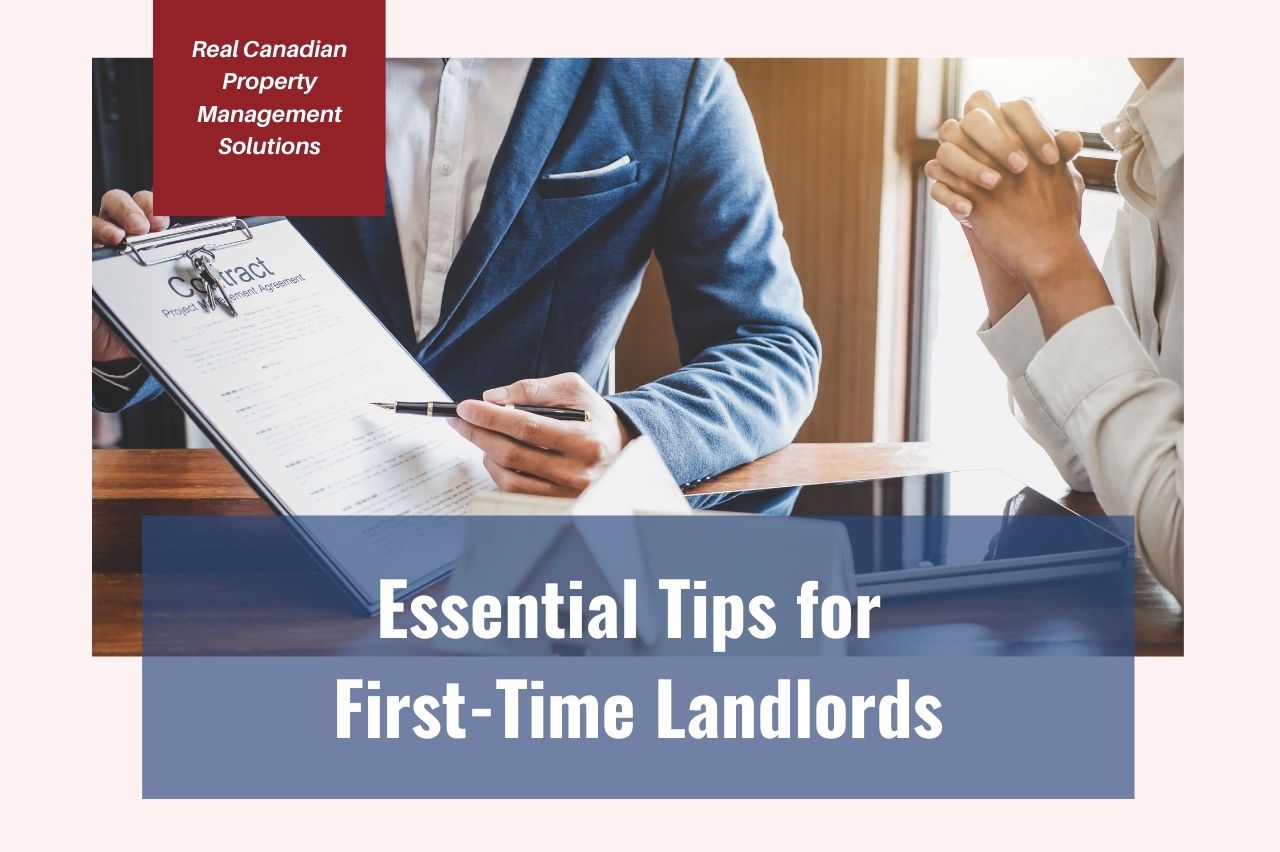
Are you planning to acquire your first rental property?
Investing in rental properties can become a lucrative venture. However, as with any other investment, purchasing a rental property comes with a set of risks and challenges. You need to be aware of these potential obstacles and threats to have any chance of deterring them.
Every landlord has to deal with numerous tasks. Before you buy a rental property, you need to understand how big of a commitment self-managing can be. Setting realistic expectations is essential in this regard.
The following is a list of tips that will help you become a better landlord. Taking the first steps is always hard, but the potential rewards are well worth the initial difficulties.
#1: Focus on Lease Agreements
The lease agreement you draft is going to play a major role in governing the legal relationship with your tenants. Put time and effort into making your lease agreements strong in terms of protecting your interests as a landlord.
Every lease agreement should cover as much ground as possible. Don’t be afraid of putting too many details. This is only going to help you in case there are any issues or disputes.
Here are some of the aspects that every lease agreement should cover:
- What is the monthly rent due? When should the payments be finalized?
- What are the rent payment methods?
- Do you have a pet-friendly rental? Are there any special rules regarding cats and dogs?
- What is the smoking policy?
- Do you exercise late payment fees?
- What are your responsibilities?
- What are your tenants’ responsibilities?

You can also use the lease agreement to add any clauses regarding evictions. However, you need to be certain that these eviction rules are legal.
#2: Find the Right Rental Price
You need to determine the correct monthly rent amount for your property. Both overcharging and undercharging are serious issues. When you overcharge your tenants, you’ll face a higher tenant turnover rate, making it harder for you to find new renters.
When you undercharge your renters, you’ll leave money on the table that could otherwise be a part of your monthly income stream. As you can see, neither situation is ideal. Finding that balance between the two extremes is a real challenge.
The right price isn’t found intuitively. You have to conduct actual research and crunch the numbers a bit to find the correct price. It’s necessary to compare similar rental properties in the same area to help determine the approximate price that the market is ready to pay for your rental.
#3: Familiarize Yourself with the Laws & Regulations
Rental property ownership means that you are subject to laws and regulations on many different levels. The key here is to have a basic understanding of all the crucial legal principles related to the role of a landlord.
These are the main topics that you should learn about:
- Landlord’s rights and responsibilities
- Tenant’s rights and responsibilities
- Rent payments and late fees
- Security deposits
- Landlord’s entry
- Move-in, move-out, drive-by, and other inspections

When you feel that some of these situations or concepts are beyond your understanding, it’s important to consult with a legal expert. These are not matters that should be taken lightly.
#4: Get Tenants in Your Rental
Tenant placement is a major task that every first-time landlord needs to deal with. When your rental units are empty, you still have to pay for all the running expenses. That’s why it’s important to fill your property at the earliest opportunity.
Nevertheless, acquiring tenants shouldn’t come at the expense of their quality. You still need to have renters who pay on time, respect the rules and won’t damage your rental property.
The key is proper tenant screening. This is the only way you can minimize the risk of having problem tenants in your rental units.
Check the applicants’ criminal histories, credit situation and employment status. Ask for references whenever possible.
If you want to make your screening easier, ask your applicants to fill out questionnaires. Collecting these applications allows you to get a good overview of the people who are interested in tenancy.
Organizing property showings is a way for you to get to know potential tenants as well. Make sure to have all the paperwork ready for the interested applicants. For instance, they might want to take a look at past utility bills or remodeling projects.
#5: Consider Professional Property Management
Self-managing landlords feel a lot of pressure. Some tasks and duties demand a lot of time. When you aren’t sure if you have enough time and energy to manage your rental property, it’s wise to consider professional property management services.
Hiring a reputable company leads to less stress and fewer worries. You can stop thinking about upkeep needs, legal issues, tenant screening, rental marketing and all the other aspects of rental management.

Experienced property managers will take the best care of your property. They will use their skills and knowledge to grow your investment. Moreover, these professionals will keep your best interest in mind at all times.
The Bottom Line: Tips for First-Time Landlords
Becoming a landlord unlocks the potential of boosting your monthly income. While many people dream of passive income, it’s clear that first-time landlords need to put in the extra hours to learn and gain experience.
Start by doing plenty of research regarding rental property management. Learn about the legal aspects, efficient marketing techniques and the key principles of correct rental pricing.